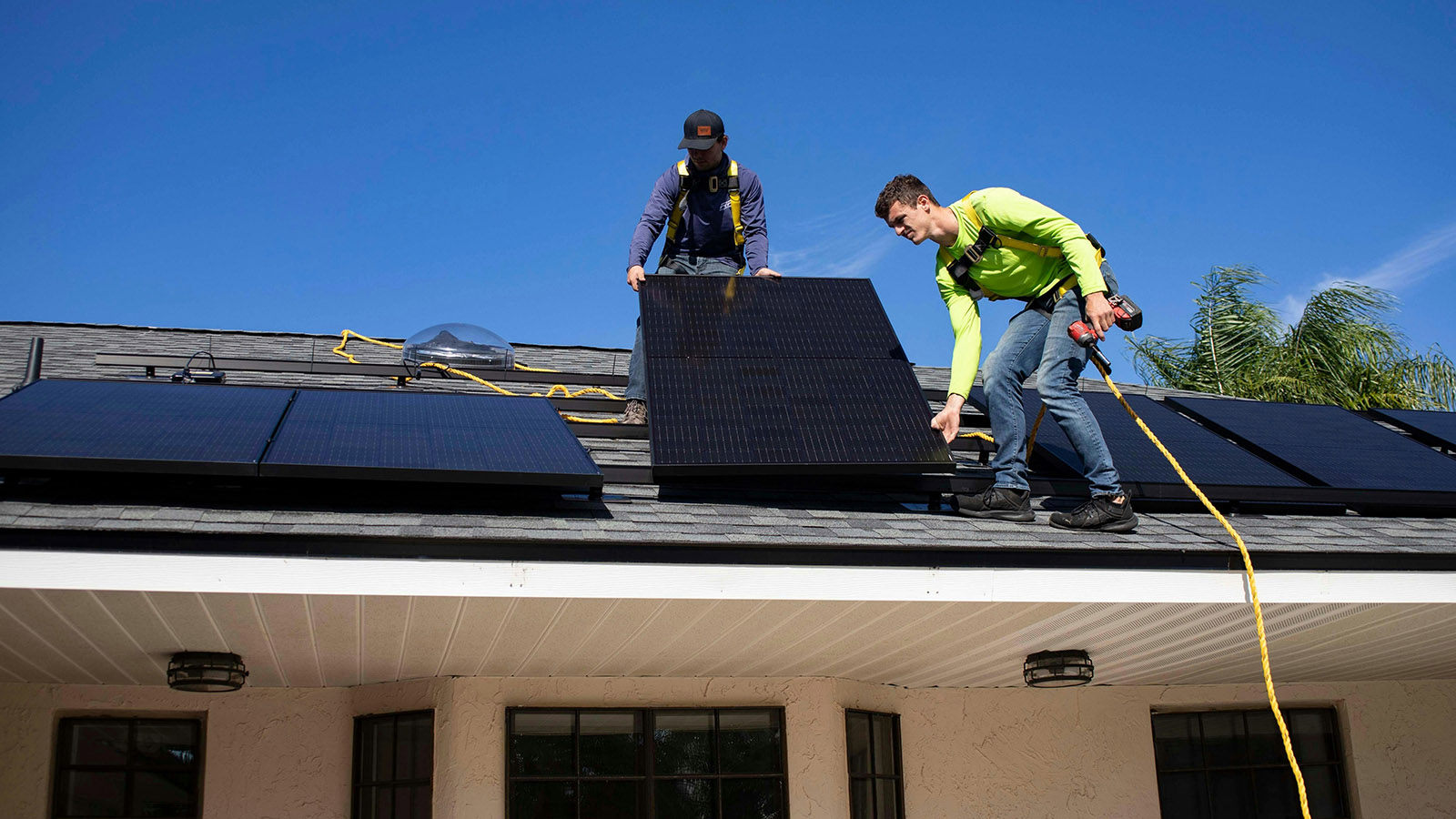Renewable Energy Jobs tagged "Infrastructure Development"
-
-
Hybrid Full Time 2 days ago
-
Flexible Full Time 2 days ago
-
On-site Full Time 2 days ago
-
Flexible Full Time 2 days ago
-
On-site Full Time 2 days ago
-
On-site Full Time 2 days ago
-
-
-
On-site Full Time 2 days ago
-
Tamworth, NSW, Australia + 6 locationsOn-site Internship 2 days ago
-
On-site Full Time 2 days ago
-
Warwick, United Kingdom + 2 locationsHybrid Full Time 2 days ago
-
On-site Full Time 2 days ago
-
Hybrid Full Time 2 days ago
Infrastructure Development in Renewable Energy
Infrastructure development in the renewable energy sector involves the planning, design, and construction of facilities and systems necessary to produce and distribute renewable energy. This encompasses a wide range of projects, including solar farms, wind turbines, hydroelectric plants, and bioenergy facilities. The role is crucial across various renewable sectors, ensuring that energy systems are efficient, sustainable, and capable of meeting growing energy demands.
Typical Responsibilities
Professionals in infrastructure development are responsible for overseeing the entire lifecycle of renewable energy projects. This includes site selection, permitting, design, construction, and commissioning. They coordinate with project management teams to ensure projects are completed on time and within budget. Additionally, they work closely with engineering management to integrate new technologies and optimize system performance.
Required Skills and Qualifications
Key skills for infrastructure development include strong project management abilities, technical expertise in engineering, and familiarity with regulatory compliance. A degree in civil, electrical, or mechanical engineering is often required, along with certifications in project management or construction. Soft skills such as communication and leadership are also essential for coordinating diverse teams and stakeholders.
Impact on Renewable Energy Projects
Infrastructure development is vital for the growth and sustainability of renewable energy projects. By ensuring that facilities are built to high standards, these professionals help increase the efficiency and reliability of energy systems. This, in turn, supports the transition to a low-carbon economy and enhances energy security.
Industry Trends and Market Demand
The demand for infrastructure development professionals is rising as countries invest in renewable energy to meet climate goals. Trends such as the integration of smart grid technologies and the expansion of microgrids are creating new opportunities in the field. As the industry evolves, there is a growing need for innovative solutions to address challenges like grid integration and energy storage.
Career Opportunities and Pathways
Career opportunities in infrastructure development range from entry-level positions in construction management to senior roles in project management and engineering management. Professionals can advance to leadership positions or transition into specialized areas such as energy storage or grid solutions.
Examples of Real-World Applications
Companies like RES Group and Orsted are actively involved in infrastructure development for renewable energy projects. RES Group focuses on developing wind and solar projects globally, while Orsted is a leader in offshore wind farm construction. These companies exemplify the diverse applications of infrastructure development in the renewable energy sector.
Regional or Regulatory Considerations
Infrastructure development is heavily influenced by regional regulations and standards. Compliance with local and international standards, such as ISO 50001 for energy management, is crucial. Understanding these regulatory frameworks is essential for successful project execution.
Challenges and Future Directions
Challenges in infrastructure development include navigating complex regulatory environments and addressing the technical demands of integrating renewable energy into existing grids. Future directions may involve advancements in smart energy systems and increased collaboration with technology providers to enhance system capabilities.
Get Job Alerts
Get alerts for Infrastructure Development jobs
Featured Jobs
Renewable Energy Blog Posts
-

Renewable Energy Forecast for 2030
By 2030, renewables are poised to supply nearly half of global electricity, with solar and wind leading this explosive expansion. In this data-driven piece, we explore job creation forecasts, supply chain bottlenecks, and policy hurdles. -

Fastest Growing Renewable Energy Sector: Data and Trends
In 2023, solar photovoltaics surged by 32.59%, officially making it the fastest-growing renewable energy source worldwide. Yet offshore wind, which soared by 57.87% in 2021, remains a formidable competitor in total electricity output due to its high capacity factor. This concise overview highlights how policy incentives, cost reductions, and manufacturing advances are propelling solar to the forefront of the global energy transition. -

Career Opportunities in Solar Energy
The solar energy sector is experiencing unprecedented growth, with over 7.1 million jobs in solar PV alone as of 2023. For professionals considering a career shift into renewable energy, solar offers pathways across R&D, manufacturing, project development, and operations.
















